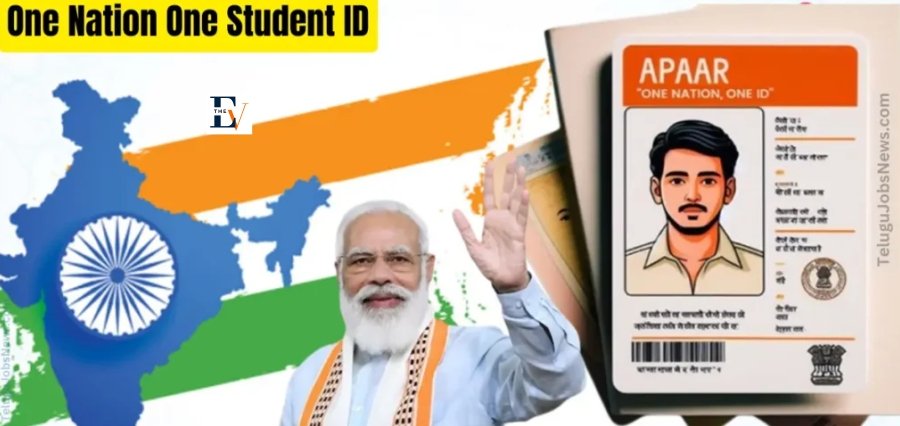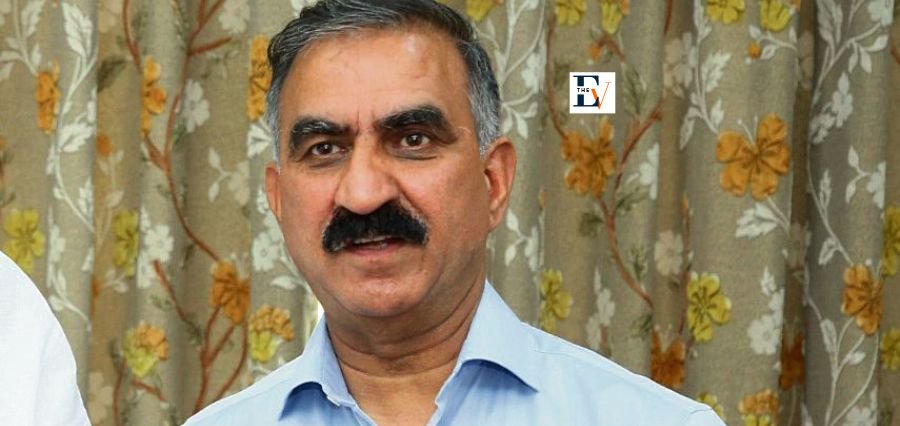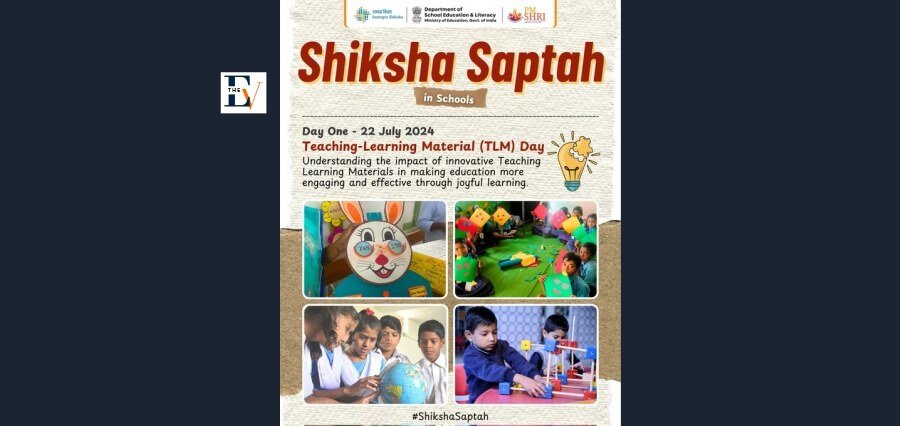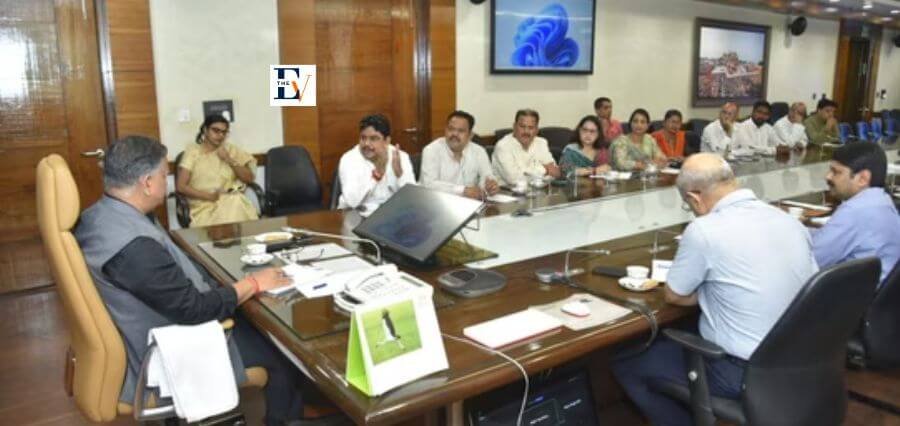The initiative to establish a lifelong identification number for students, commonly referred to as ‘One Nation, One Student ID’, marks a stride towards modernizing the Indian education system by the Ministry of Education (MoE). Union Minister of Education and Skill Development & Entrepreneurship, Dharmendra Pradhan, announced during the National Conference on APAAR that 25 crore Automated Permanent Academic Account Registry (APAAR) IDs have already been generated.
The initiative known as ‘One Nation, One Student ID’, spearheaded by the Ministry of Education (MoE), represents a significant stride in modernizing the Indian education system. Its primary objective is to ensure a seamless and standardized academic journey for students nationwide by allocating a distinctive and enduring 12-digit ID to each individual. This initiative consolidates students’ academic accomplishments into a single, easily accessible repository.
Recently, the Ministry of Education (MoE) issued directives to schools to commence the adoption process of APAAR. According to the Union government, APAAR has the potential to revolutionize the academic journey of Indian students, widen their access to opportunities, and streamline administrative procedures for educational institutions. During the event, the Minister underscored the significance of the APAAR ID as a prestigious and globally recognized document for students across the nation. He also highlighted the importance of various critical digital public infrastructures (DPIs) that have been developed in the country in recent years, noting that out of 53 such DPIs established in 16 countries, 19 are situated in India.
Sanjay Kumar, the Secretary of the Department of School Education & Literacy, emphasized the role of APAAR in monitoring the extensive cohort of 260 million students nationwide. He disclosed that a Permanent Education Number has been assigned to 25 crore children, subsequently enabling the issuance of APAAR IDs. In line with Prime Minister Narendra Modi’s vision of integrating schooling into the ease of living framework, he stressed the importance of ensuring a hassle-free educational experience for children. Additionally, he highlighted initiatives such as the Holistic Progress Card and Vidya Samiksha Kendra, underscoring their integration with APAAR.





